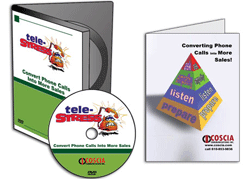The three codes include the 2000 International Building Code (with the Federal Fair Housing provisions of the 2001 Supplement), the 2000 International Residential Code, and the 2000 International Energy Conversation Code.
A public comment period of up to thirty days follows the public hearing, and the action of the Uniform Building Code Commission will be published on July 1, 2001 with an effective date of January 1, 2002.
According to ICC, the principles of the International Codes are based on the protection of public health, safety, and welfare. The International Building Code establishes minimum regulations for building systems using prescriptive and performance related provisions that make possible the use of new materials and new building designs.
The International Residential Code for one- and two-family dwellings addresses the design and construction of one- and two-family dwellings and townhouses.
The International Energy Conservation Code covers the design of energy-efficient buildings and facilities, and the installation of energy-efficient mechanical, lighting, and power systems that result in the optimal utilization of fossil fuel and nondepletable resources.
This is not the first time Utah has adopted ICC codes. The state previously adopted the 2000 International Plumbing Code, the 2000 International Mechanical Code, and the 2000 International Fuel Gas Code. The state Fire Prevention Board is considering the International Fire Code and plans to begin hearings this summer.
“I believe everybody is to be congratulated on this effort,” said Phil Hancock, former chair of the Utah State Building Code Commission, president of Hancock and Associates, and chair of the Building Codes and Standards Committee for the National Association of Home Builders (NAHB). “NAHB has a national policy that supports the adoption of a single set of national building codes. The cooperation between inspectors and builders was pivotal in the adoption of the I-Codes in the state of Utah.”
Publication date: 06/18/2001









